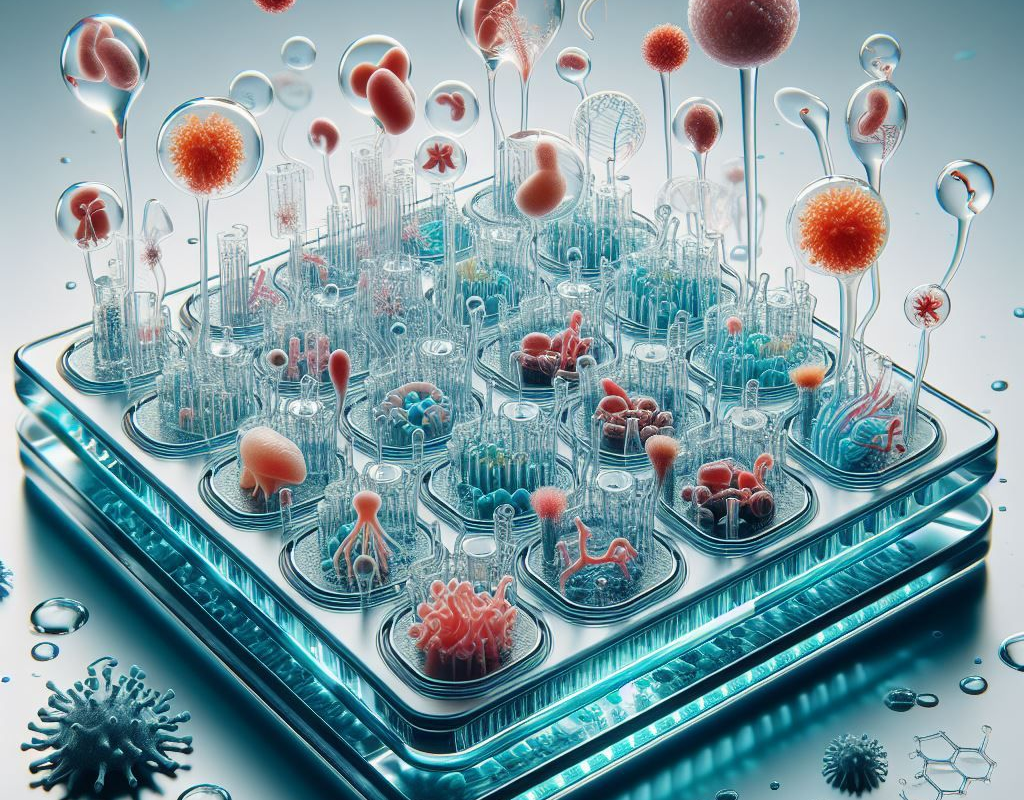Finnadvance Announces New Publication on Organ-on-Chip Platform!

Revolutionizing Drug Discovery with Oulu’s AKITA by Finnadvance:
The future of drug discovery is here, human-centric, ethical, and efficient. Thanks to the groundbreaking research by Finnadvance, one of the leading health and life science companies in Oulu, it is possible to unlock the potential for high-throughput screening on human models.
The newly published paper, “Highly Scalable and Standardized Organ-on-Chip Platform with TEER for Biological Barrier Modeling,” details a revolutionary platform that offers:
- Faster results: Achieve rapid, human-relevant data with 96/384-well plate compatibility and robotic automation.
- Ethical alternatives: Say goodbye to animal testing and embrace a more humane approach to drug development.
- Unmatched versatility: Explore various applications beyond vascularized barriers, including organoids, tissue slices, and more.
- Real-time insights: Gain a comprehensive understanding with a combination of standard imaging and rapid, label-free electrical readouts.
- Broader horizons: Uncover possibilities across diverse therapeutic areas, including retinal, neural, gut, lung, and oncology.
This is a game-changer for the entire healthcare industry. With AKITA’s innovative platform, we can expect:
- Reduced drug development timelines: Get life-saving treatments to patients faster. ⏱️
- More accurate and reliable results: Make data-driven decisions for better outcomes.
- Ethical and sustainable practices: Align with evolving regulatory trends and public values.
Finnadvance is a prime example of an innovative company active in the Health and Life Science sector in Oulu. The company has a positive impact on the future of healthcare.
‘Big shoutout to my squad and fellow brainiacs at AKITA by Finnadvance – your brilliant and sometimes bizarre ideas (mostly from Prateek Singh) turned our 4‑year project into an epic adventure and a published masterpiece’, said Tuan Hoang Nguyen, CTO at Finnadvance.
Read the full paper here.
Source: Finnadvance
